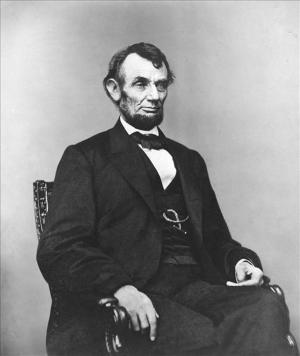Gatekeepers
The Emergence of World Literature and the 1960s
Nonfiction, Reference & Language, Language Arts, Writing & Publishing, Publishing, Fiction & Literature, Literary Theory & Criticism| Author: | William Marling | ISBN: | 9780190274160 |
| Publisher: | Oxford University Press | Publication: | March 15, 2016 |
| Imprint: | Oxford University Press | Language: | English |
| Author: | William Marling |
| ISBN: | 9780190274160 |
| Publisher: | Oxford University Press |
| Publication: | March 15, 2016 |
| Imprint: | Oxford University Press |
| Language: | English |
The romantic idea of the writer as an isolated genius has been discredited, but there are few empirical studies documenting the role of "gatekeeping" in the literary process. How do friends, agents, editors, translators, small publishers, and reviewers-not to mention the changes in technology and the publishing industry-shape the literary process? This matrix is further complicated when books cross cultural and language barriers, that is, when they become part of world literature. Gatekeepers builds on the work of Pierre Bourdieu, Randall Collins, James English, and Mark McGurl, describing the multi-layered gatekeeping process in the context of World Literature after the 1960s. It focuses on four case studies: Gabriel García Márquez, Charles Bukowski, Paul Auster and Haruki Murakami. The two American authors achieved remarkable success overseas owing to canny gatekeepers; the two international authors benefited tremendously from well-curated translation into English. Rich in archival materials (correspondence between authors, editors, and translators, and publishing industry analyses), interviews with publishers and translators, and close readings of translations, this study shows how the process and production of literature depends on the larger social forces of a given historical moment. William Marling also documents the ever-increasing Anglo-centric dictate on the gatekeeping process. World literature, the book argues, is not so much a "republic of letters" as a field of chance on which the conversation is partly bracketed by historic events and technological opportunities.
The romantic idea of the writer as an isolated genius has been discredited, but there are few empirical studies documenting the role of "gatekeeping" in the literary process. How do friends, agents, editors, translators, small publishers, and reviewers-not to mention the changes in technology and the publishing industry-shape the literary process? This matrix is further complicated when books cross cultural and language barriers, that is, when they become part of world literature. Gatekeepers builds on the work of Pierre Bourdieu, Randall Collins, James English, and Mark McGurl, describing the multi-layered gatekeeping process in the context of World Literature after the 1960s. It focuses on four case studies: Gabriel García Márquez, Charles Bukowski, Paul Auster and Haruki Murakami. The two American authors achieved remarkable success overseas owing to canny gatekeepers; the two international authors benefited tremendously from well-curated translation into English. Rich in archival materials (correspondence between authors, editors, and translators, and publishing industry analyses), interviews with publishers and translators, and close readings of translations, this study shows how the process and production of literature depends on the larger social forces of a given historical moment. William Marling also documents the ever-increasing Anglo-centric dictate on the gatekeeping process. World literature, the book argues, is not so much a "republic of letters" as a field of chance on which the conversation is partly bracketed by historic events and technological opportunities.















